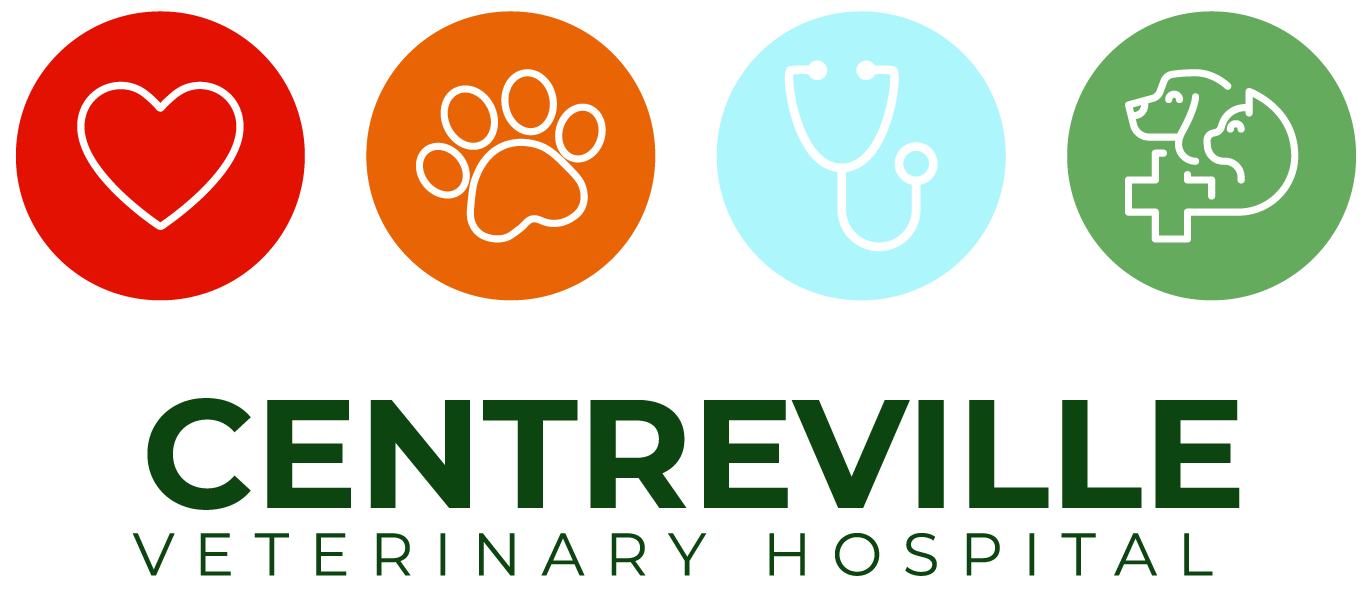Pets as Carriers: Understanding Zoonotic Diseases and How to Stay Healthy
Zoonotic diseases, which can be transmitted from pets to people, are more prevalent than you might imagine. Even though your pet may appear to be in perfect health, they can carry contagious conditions. Staying proactive with your pet’s preventive care is crucial to avoid contracting various illnesses. In this blog post, Centreville Veterinary Hospital sheds light on how pets can pass diseases to humans and provides essential tips for maintaining good health.
How can your pet transmit diseases to you?
- Direct Contact: Direct contact with an infected pet’s saliva, blood, urine, feces, or other bodily fluids can lead to disease transmission. For instance, if your pet licks a sore on your leg or you clean up their accident indoors, you can become ill.
- Indirect Contact: Indirect disease transmission occurs when you come into contact with something that an infected pet has contaminated. Suppose a stray cat uses your child’s sandbox as a litter box, and your child then digs in it. In that case, they may contract a roundworm infection.
- Vectors: Pets can attract vectors such as ticks and fleas, which can subsequently bite humans and transmit diseases indoors.
- Food: Consuming undercooked meat, eggs, or raw fruits and vegetables contaminated with feces from an infected pet is one of the most common causes of foodborne illnesses in both humans and their pets.
- Water: Drinking or coming into contact with water contaminated with feces or urine can result in the transmission of diseases like giardia or leptospirosis.
What diseases can you get from your pet?
Pets can transmit numerous illnesses to humans, including:
Bacteria:
– Leptospirosis
– Salmonella
– E. coli
– Tick-borne diseases
– Cat scratch disease
Viruses:
– Rabies
Fungi:
– Ringworm
Intestinal Parasites:
– Roundworms
– Hookworms
– Tapeworms
– Giardia
– Toxoplasma
External Parasites:
– Scabies
– Fleas
– Ticks
While this list is not exhaustive, it underscores the importance of practicing good hygiene when handling your pet, their waste, and their belongings to prevent disease transmission.
Pets can pass a wide range of pathogens and parasites to both human and animal family members. To ensure the safety and well-being of everyone in your household, including your four-legged companions, regular preventive care is paramount. We encourage you to contact our dedicated team at Centreville Veterinary Hospital and schedule your pet’s preventive care visit. By taking this proactive step, you can help keep everyone safe, healthy, and free from zoonotic diseases.

